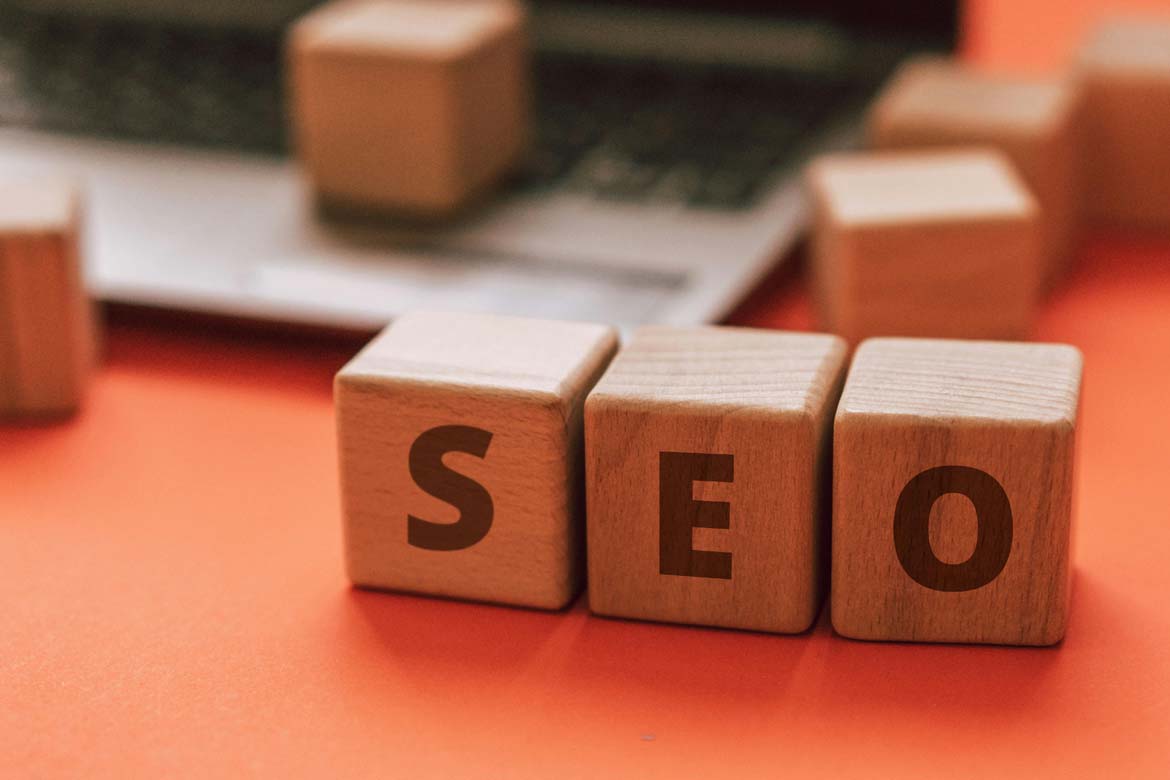Business can be competitive for smaller organisations, start ups, sole traders and generally less well-established operations. The top positions in the Search Engine Results Pages (or SERPs) often seem out of reach, unless you are willing to spend money on advertising but this isn’t always an option for everyone.
What is local SEO?
Just like standard Search Engine Optimisation (SEO), local SEO is used to springboard your website up the rankings within the organic (non-paid-for) search results bracket.
Your focus and objective in local SEO should focus on pointing your search audience to your location and geographical area.
For example, if you sell records in Cambridge, strong SEO would mean your site pops up on the first page of a search engine’s listings when your end user enters anything in the search box along the lines of “record shops in Cambridge”.
- Local vs Organic SEO
The aim of local SEO is to rank higher than other local businesses however, any work towards optimisation can also have a direct positive effect on your normal listing within the organic results listings.
- Content Based on Local News Stories or Events
Write content that speaks to your local audience such as local issues which will grab the attention of local customers.
Top Tip:
Publish a blog post on a local story or event
or
Set up location-specific webpages on your website with high-quality local content
- Get Regular Reviews from Happy Customers
When your customers write you a review for your business it doesn’t just optimize your Google My Business presence, it also encourages other local customers to buy from you and use your services because you have strong social proof.
Top Tip:
- Ask for a review in-person after the close of a sale. You could hand them card with where to do the review or the card could be included with the order.
- Send a post-purchase email or text asking customers to write a review, this can be automated depending on what systems you use.
- Don’t forget to respond to any reviews thanking reviewers. This increases the quality of the review, plus customers will be glad to hear you appreciate them taking the time to leave it.
- Get a ‘Google My Business’ account
Google My Business, or Google Places as it was known until a few years ago, is often where local SEO begins for most businesses. It is the foundation for building great local SEO because without that account, you won’t appear on the local map search results. These results have been statistically proven to positively increase traffic to those websites listed, and in turn, raise brand awareness. Therefore, one of the very first things you should do is set up a ‘Google My Business’ account, and ensure it is fully optimised to increase visibility.
- Local SEO Landing Pages
This is a huge factor in local SEO that still works incredibly well when done properly. (Important to note here, stick to writing unique content that doesn’t overstuff keywords.)
For example, you may have an ‘Areas We Cover’ section page that targets your region or larger city, then have 4 landing pages directly targeting a location within that area e.g. ‘Window Cleaners Stockport’ and ‘Window Cleaners Bramhall’.
A local SEO landing page template can be used for these pages, just make sure the pages are as unique as possible and that you’re not repeating yourself needlessly.
- List Your Business in Other Directories
Besides creating a Google My Business listing, you should also list your business in other online directories.
Example of ones to look at :
- Yelp
- FourSquare
- Bing Places
- HotFrog
Also, have a look if there are local online business directories specific to your area.Listings on these will send further local SEO signals to Google.
- Optimize for Voice
Another tip is to optimize for voice searches. With more people usign voice activation devices it makes good business sense. Research shows that mobile voice searches are 300% more likely to have local intent than text searches. You may find not a lot of business have optimized for this yet so by thinking ahead you could get ahead of your competition.
- Local Keywords
Your keywords should be relevant to local customers.
Take a look at Google Keyword Planner it lets you filter keyword based on searches based on location so you get an idea of the popular search terms for a given region. This will let you create relevant locally keywords to target.
- Bing Places
With the integration of Bing into Windows and specifically Windows 11, don’t forget to set up Bing Places so you are covered there too. As you would expect, Bing has its own version of Google My Business (GMB) and for all of the same reasons, Bing Places is where you need to be when you’re working at a local level.
And finally…
Local SEO doesn’t need to be a complicated process but we know for a lot of people it can be a daunting.
Hopefully this guide has given you a helpful peek behind the curtain in terms of what makes websites rank locally, and how you can effectively compete for your service keywords in a locality relevant to your business.
Local SEO is becoming more and more important so if you would like to discuss your local SEO strategies with us feel free to drop a message




